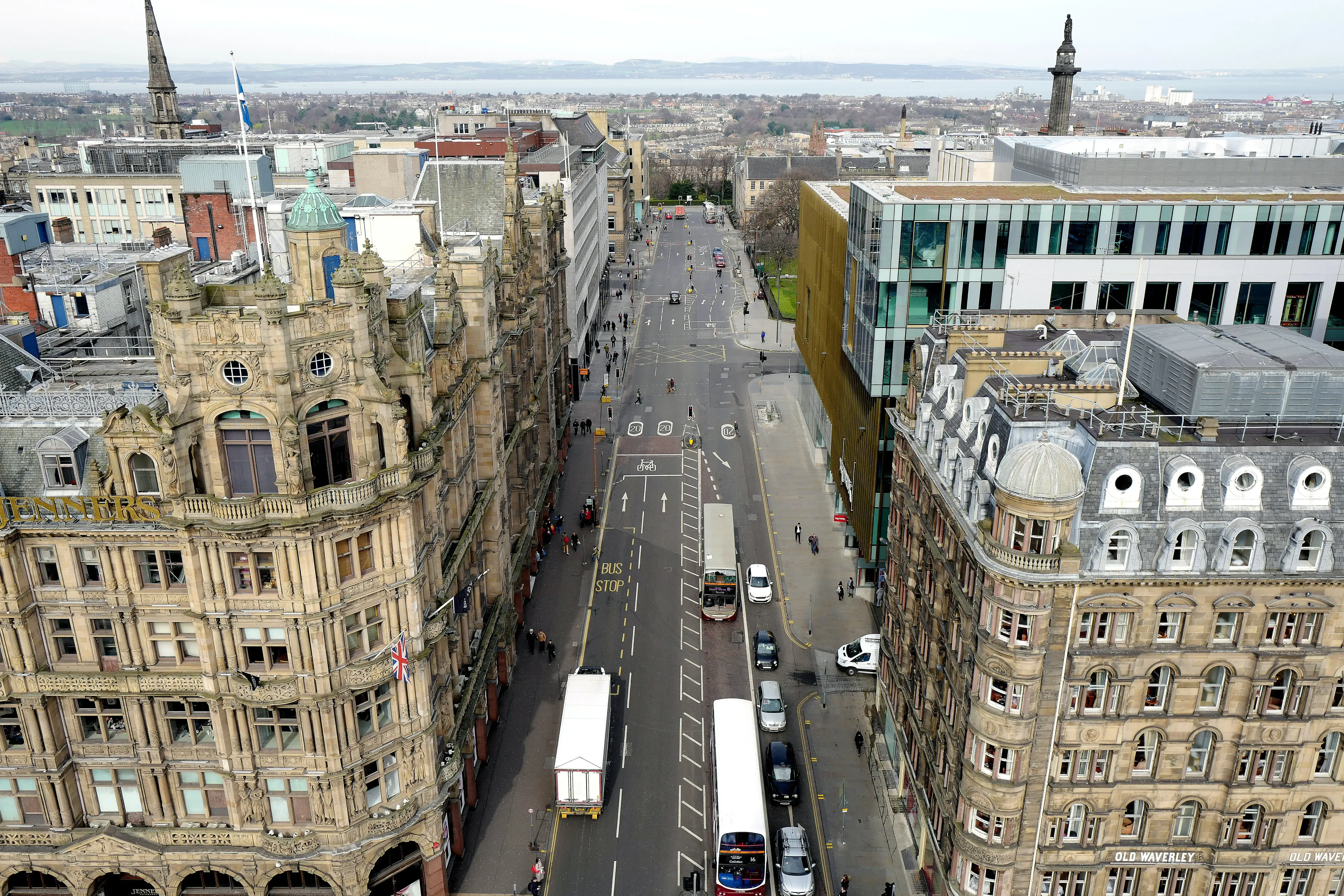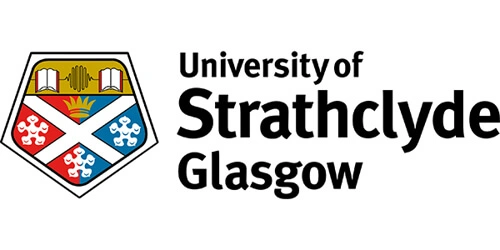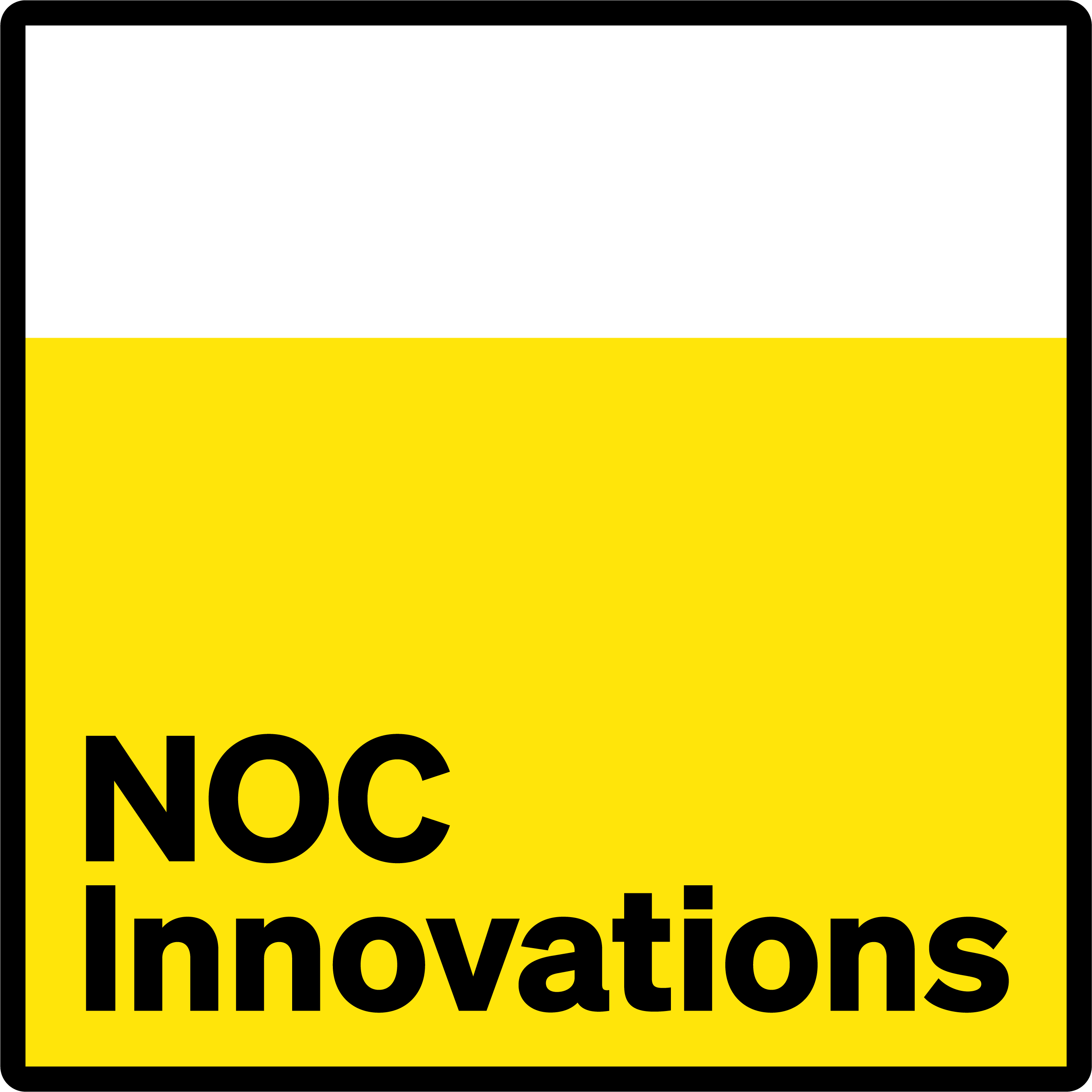Research Programme: Net Zero Operations
Programme Lead: Professor John McCall & Dr Ciprian Zavoianu
Supported By: Dr Lee Christie & Dr Kate Han
Funder/Sponsor: Interreg North Sea Region (EU)
Project Status: Complete
Overview
ART-Forum was an Interreg North Sea Region Project with 14 partners from six different European countries. The project aimed to create a debating ground for different stakeholders regarding the expected impact of emerging automated road transport (ART) technology, its associated risks and opportunities, future policy development and guidance on how to best deal with the new technology, especially when focusing on sustainable mobility, street design and regional development plans.
Motivation
While self-driving technology is still being perfected, planners are increasingly interested in the ability to leverage connected and autonomous vehicles (CAVs) to extend existing public transport (PT) systems. As part of the ART-Forum project, the NSC Net Zero Operations team proposed and demonstrated an artificial intelligence (AI) strategy that can support highly efficient data-driven public transport planning. In particular, the approach combines multi-objective global search algorithms with macro-level mobility simulations based on publicly available data to automatically discover optimal means of extending existing transport systems with new CAV-centred PT services.
Real-World Impact
Using software developed as part of the project to demonstrate the proposed AI strategy for optimal CAV deployment, the team obtained several insightful results on real-life case studies defined together with ART-Forum partners. For example, in work with the West Yorkshire Combined Authority (WYCA), the team mainly focused on urban PT modelling and discovering optimal cost-benefit tradeoffs that could be achieved when using CAVs to improve average commuting time in three different zones within the Leeds Metropolitan Area. In one of these scenarios, the Net Zero Operations team also collaborated with partners from German Aerospace Center (DLR) to refine the modelling using outputs obtained via micro-mobility simulations. In general, results indicate that (i) important commuting time improvements of 13%-30% could be obtained on niche CAV deployment scenarios and (ii) there is significant value in automating the production of realistic solutions that can help human decision-makers tackle the increasingly complex challenges of public transport planning.








